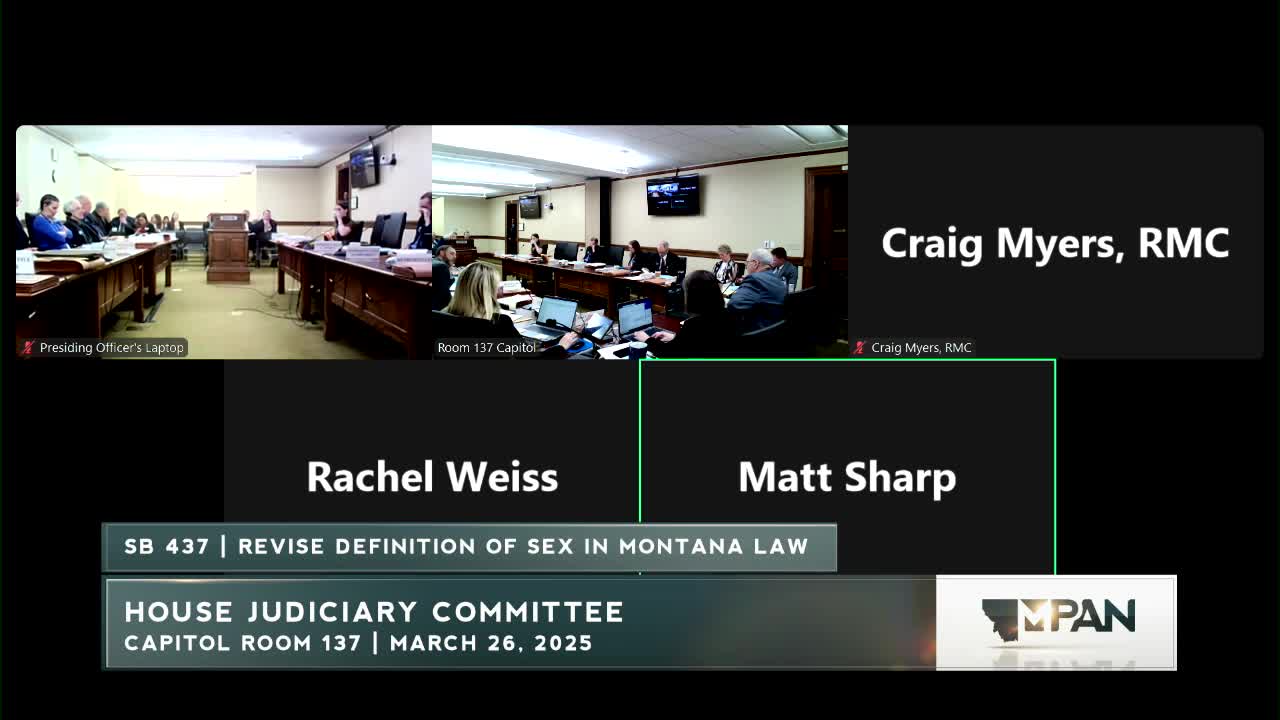Representative seeks interim study to simplify Montana Youth Court Act
Get AI-powered insights, summaries, and transcripts
Subscribe
Summary
House Joint Resolution 23 asks for an interim study to review and streamline the Montana Youth Court Act; sponsors and juvenile justice stakeholders said complex, layered statutes create inconsistent outcomes and longer appeals.
Representative James Reavis opened a hearing on House Joint Resolution 23, asking that the Legislature authorize an interim study to review and simplify the Montana Youth Court Act.
Reavis, who said he worked in public defense for more than a decade, told the committee the current juvenile code has been amended repeatedly since 1947 and “is very complicated,” creating procedural confusion for attorneys, families and judges.
Proponents included experienced juvenile defense counsel Michelle Lyday, who said the Act’s accumulation of “band‑aid fixes” has left lawyers and families unsure what will happen in court, and Henry Seaton of the ACLU of Montana, who told the committee streamlining the code would improve fairness, reduce delays and strengthen public trust.
Nicole Gomez of Catalyst Montana and other child-justice advocates urged a study to improve predictability for dispositions such as consent decrees, transfers, commitments and extended jurisdiction juveniles.
Representatives on the committee asked clarifying questions about which stakeholders should participate. Reavis said the study should include judges, county attorneys, public defenders, youth probation officers, the Department of Public Health and Human Services and the Department of Corrections.
Witnesses and the sponsor said the study is procedural rather than a request to change punishment levels; it would be an interim effort to consider simplifying statutory cross‑references, clarifying transfer rules and ensuring consistent application across counties.
No formal committee action occurred; the committee closed the hearing after proponents and informational witnesses testified.
